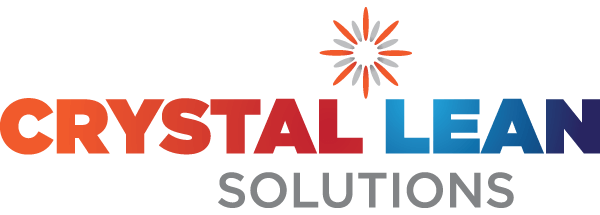“If you know the way broadly, you will see it in all things”
Miyamoto Musashi
Miyamoto Musashi’s quote is particularly relevant to Lean principles. Although Lean has its roots in automotive manufacturing, its philosophy and principles have been successfully applied to various industries and sectors, including Finance, Healthcare, Construction, and Services. Understanding Lean principles enables practitioners to seek value, waste reduction, and continuous improvement in all areas of their lives.
In essence, Lean is about eliminating waste, increasing efficiency, and maximising value. It’s a philosophy that emphasises continuous improvement and the pursuit of perfection. Lean principles can be applied in all areas of life, from the workplace to the home, and even to daily routines.
For example, when shopping at the supermarket, a Lean practitioner would consider the most efficient way to navigate the store, minimising the distance travelled and the time spent searching for items. Similarly, in the kitchen, a Lean practitioner would consider the most efficient way to organise their cooking utensils and ingredients, minimising waste and maximising productivity.
Here are some other examples of how Lean principles can be applied outside of the workplace:
Personal finance: Lean principles can be applied to personal finance to minimise waste and maximise value. This can involve setting a budget, reducing unnecessary expenses, and prioritizing investments that offer the best return on investment.
Time management: Lean principles can be applied to time management to maximise productivity and efficiency. This can involve setting priorities, breaking down tasks into smaller, manageable pieces, and eliminating waste by reducing distractions.
Exercise: Lean principles can be applied to exercise to maximise the benefits and minimise waste. This can involve setting goals, tracking progress, and eliminating unnecessary activities that don’t contribute to overall fitness.
Travel: Lean principles can be applied to travel to minimise waste and maximise value. This can involve planning ahead, reducing unnecessary expenses, and maximising the value of each experience by prioritising activities that align with personal values and goals.
In conclusion, Miyamoto Musashi’s quote, “If you know the Way broadly, you will see it in all things,” is particularly relevant to Lean principles. Lean is a philosophy that emphasises continuous improvement and the pursuit of perfection, and its principles can be applied in all areas of life. By understanding Lean principles, practitioners can seek value, waste reduction, and continuous improvement in all areas of their lives, not just in the workplace.
